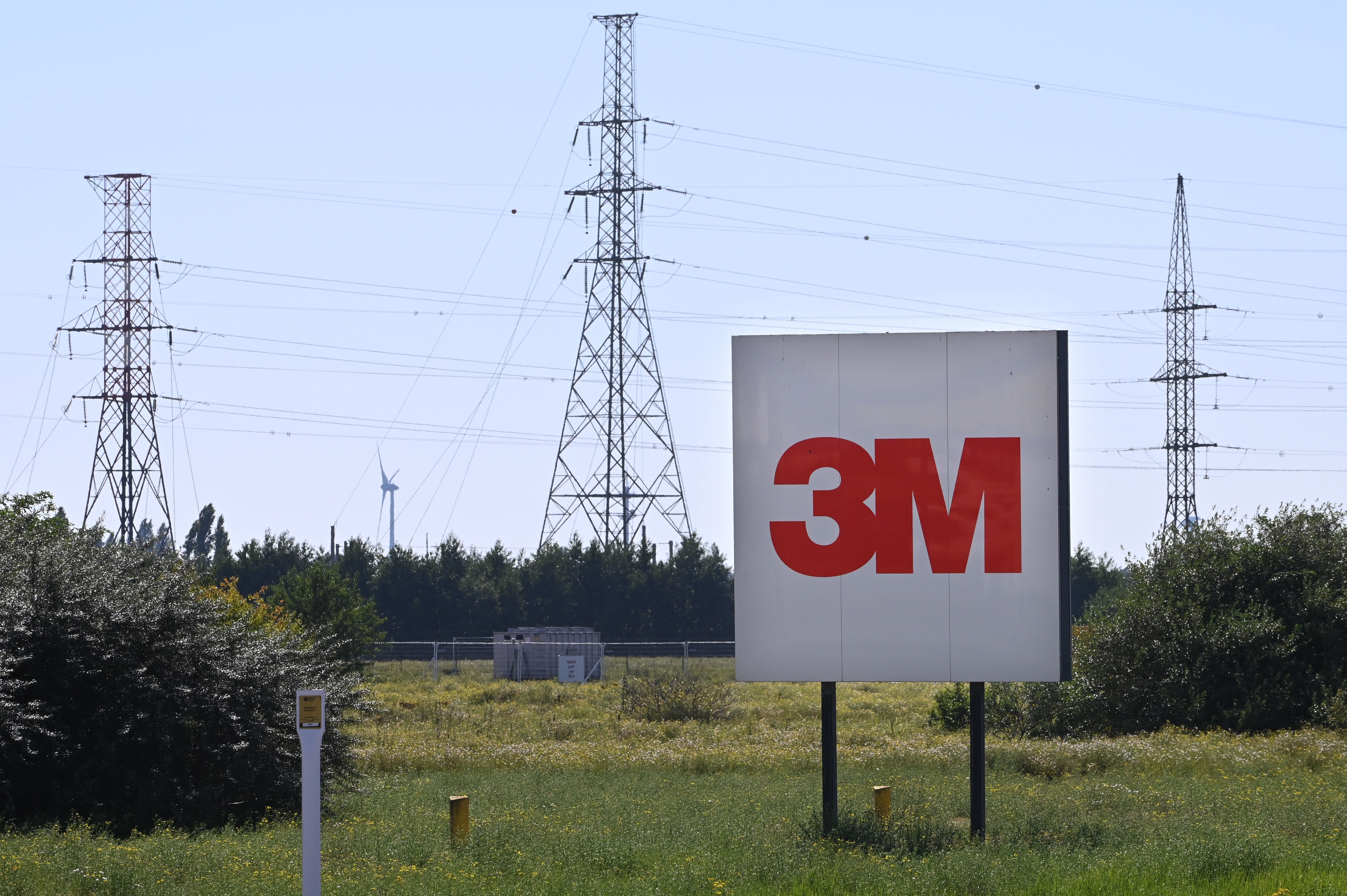Chemical giant 3M accelerates PFAS phase-out in Zwijndrecht

Chemical company 3M Belgium will accelerate the phase-out of PFAS-related production processes at its Zwijndrecht site. The company informed Flemish Environment minister Zuhal Demir (N-VA) of this decision in a letter.
The chemical company estimates that PFAS activities in Zwijndrecht will be completely phased out by mid-2024. The letter states: "A detailed action plan for this was submitted on 30 November 2023". The reason for 3M bringing forward the phase-out is not disclosed.
The decision comes after Demir ordered the suspension of production at 3M's Zwijndrecht plant in September due to PFAS leaks. Since November, the company has been in talks with various government agencies about the closure, which is now earlier than the originally proposed deadline of the end of 2025.

3M also says additional measures will be taken to reduce the environmental impact of the remaining PFAS production. "Finished products will leave the site as soon as possible, and waste will be disposed of in accordance with applicable regulations." In addition, the company promises to focus on cleaning up its own site and the areas designated for waste disposal by the Flemish waste management company OVAM.
Layoffs
At the beginning of 2023, PFAS accounted for approximately 70 per cent of production in Zwijndrecht. The closure will result in the loss of 98 jobs, which is less than the 200 jobs initially planned. A year ago, the American chemical conglomerate announced the global layoff of about 2,500 people as part of the phase-out of PFAS production.
About 10 people have already been dismissed
The layoffs in Zwijndrecht are taking place in waves and are being planned in cooperation with the trade unions. "About 10 people have already been dismissed," says the Christian trade union ACV. "But the dismantling and emptying of the facilities has not yet taken place. Next month, another five people will leave.
PFAS are found in everything from frying pans to firefighting foams. These man-made chemicals are used to make products water, dirt, dust or grease repellent. However, they are also persistent chemicals, which means they are difficult to biodegrade and can disrupt the endocrine and immune systems when they enter the bloodstream. The region around Zwijndrecht, especially the Oosterweel construction site, is contaminated by years of discharges.
#FlandersNewsService | © ANP / Hollandse Hoogte / Peter Hilz
Related News

